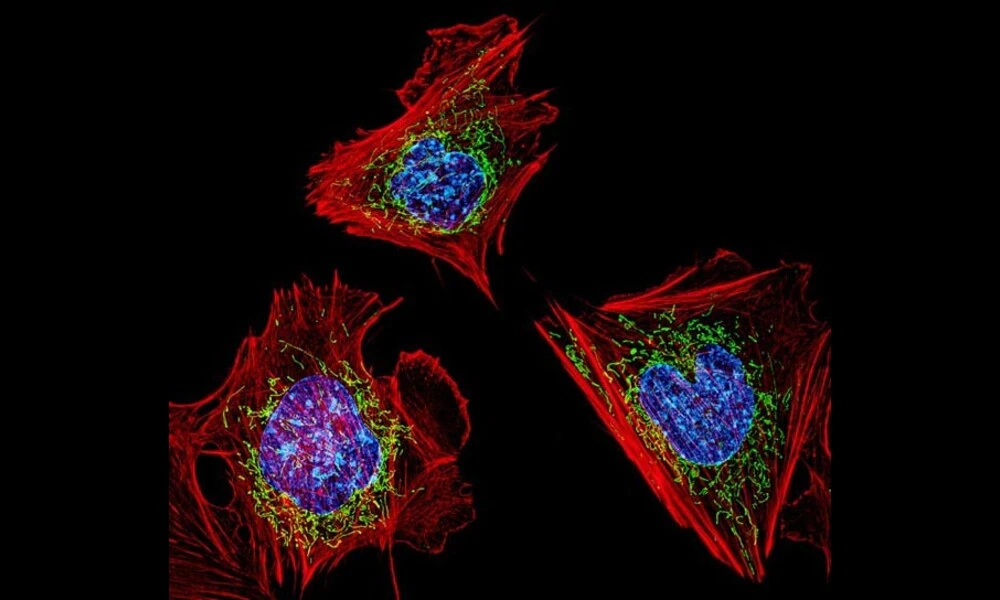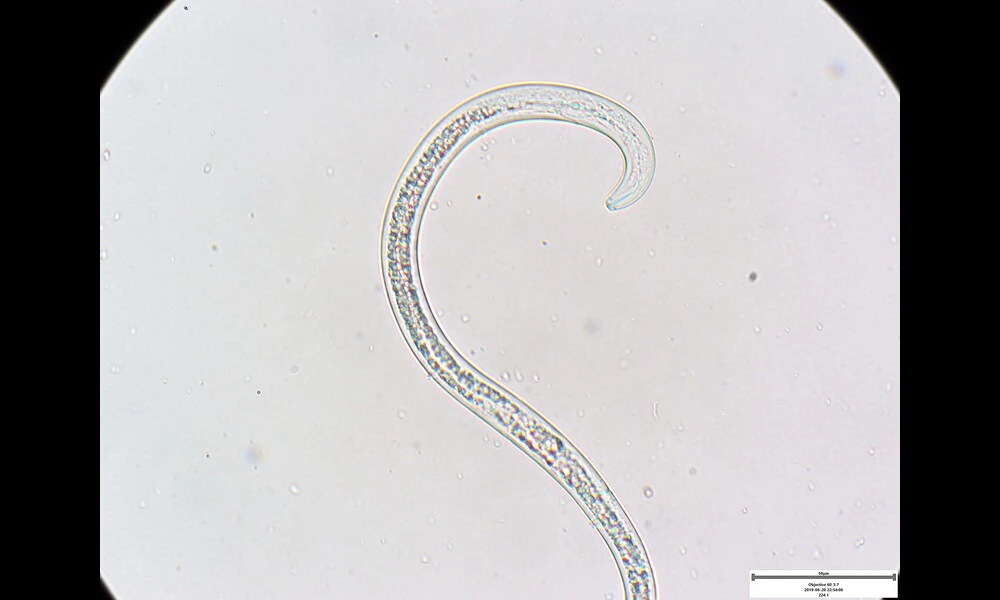Link Between Anxiety, Autism Traits, and Disordered Eating
Published on Tue Nov 21 2023 Skin and bones | freestocks.org on Flickr
Skin and bones | freestocks.org on FlickrDo you ever find yourself avoiding certain foods or sticking to a very specific diet, not necessarily driven by weight concerns but perhaps due to anxiety or sensory preferences? This scenario may echo with many adults who experience picky eating or disordered eating patterns without meeting the full criteria for clinical eating disorders. A recent pioneering study delves into these aspects of adult dietary habits, especially as they correlate with features associated with Autism Spectrum Disorder (ASD) and anxiety.
Research published in a preprint paper has revealed intriguing connections between anxiety, traits of ASD, and eating behaviors in adults. The study tells us that anxiety not only coexists with but can significantly predict levels of picky eating and disordered eating behaviors in a non-clinical adult population. Meanwhile, ASD traits, particularly sensory sensitivity and social interaction challenges, are more closely linked with picky eating rather than disordered eating. This sheds light on a highly under-researched area where the adult experience of these traits and eating habits are concerned.
Understanding the ties between mental health conditions and eating patterns is crucial for developing targeted interventions. With anxiety having such a noticeable impact on how we interact with food, this study underscores the importance of incorporating anxiety management into therapy for problematic eating patterns. Sensory sensitivity and social difficulties, often experienced by individuals with autism, further indicate potential areas of focus for helping adults with picky eating habits. Clinicians could potentially boost the efficacy of treatments for conditions like ARFID (Avoidant/restrictive food intake disorder) by considering the sensory environments and the social settings surrounding eating.
These findings are transformative, as they highlight the subtleties of adult eating behaviors outside the realm of clinically diagnosed eating disorders. They promise to open new avenues for supporting adults who struggle with food intake due to anxiety or ASD traits. Insights from this study could pave the way for more nuanced approaches to dietary interventions, enhancing the quality of life for many who quietly navigate these challenges daily.



